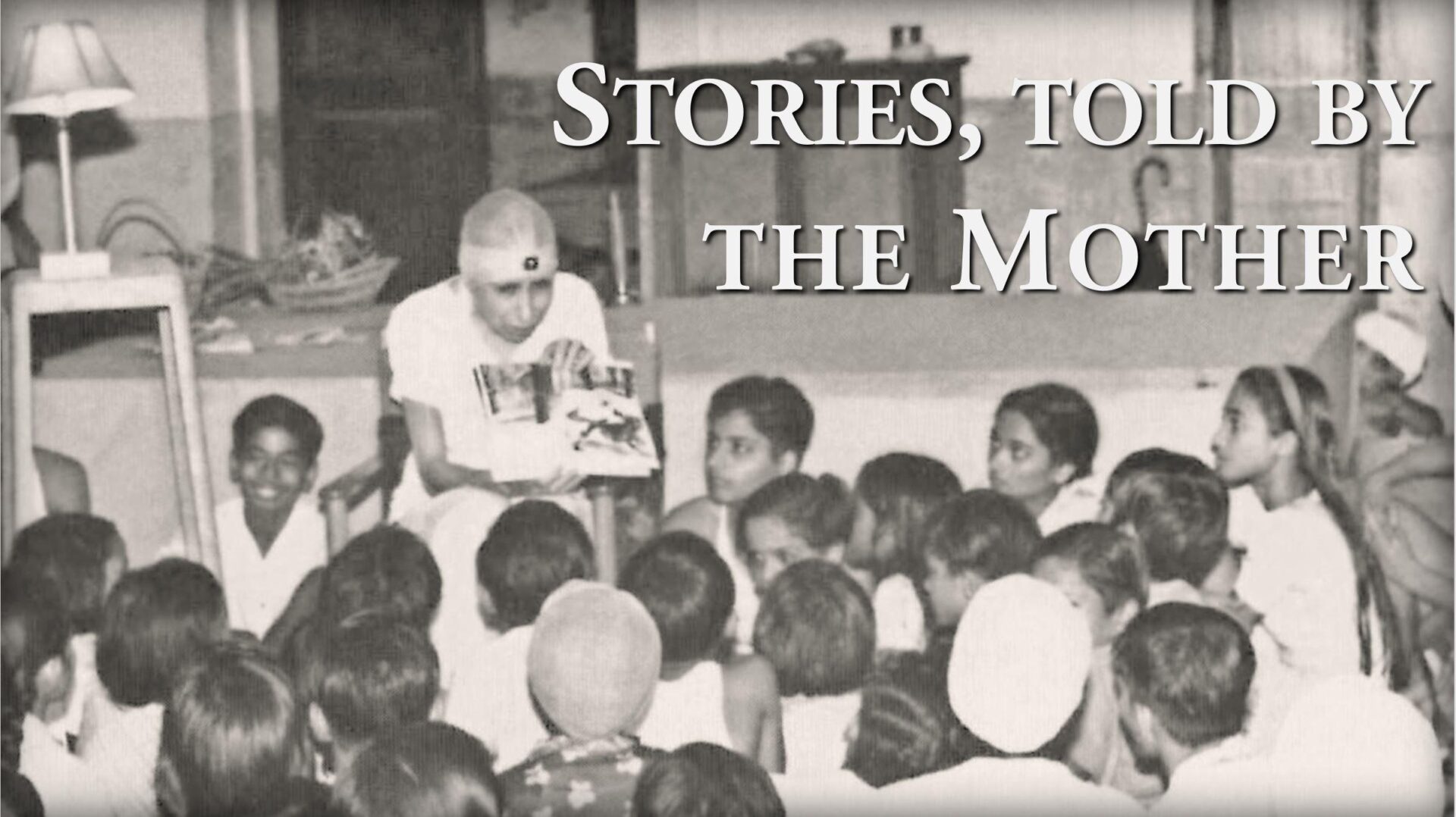What is “plasticity”?
That which can easily change its form is “plastic”. Figuratively, it is suppleness, a capacity of adaptation to circumstances and necessities. When I ask you to be plastic in relation to the Divine, I mean not to resist the Divine with the rigidity of preconceived ideas and fixed principles. I knew a man who declared: “I am wholly consecrated to the Divine, I am ready to do whatever He tells me to do; but I am not at all worried, for I know that He would never tell me to kill anybody!” I answered, “How do you know that?” He was indignant. This is want of plasticity.
If one is plastic in all circumstances, isn’t it a weakness?
But you are not asked to be plastic to the will of others! Nobody asked you to be plastic in relation to others. You are asked to be plastic to the divine Will — which is not quite the same thing! And that requires a great strength because the very first thing that will happen to you is to be exposed to the will of almost everyone around you. If you have a family, you will see the attitude of the family! The more plastic you are to the divine Will, the more opposition you will meet from the will of others who are not accustomed to be in contact with that Will.
If everybody expressed the divine Will, there would be no conflict any longer, anywhere, all would be in harmony. That is what one tries to do, but it is not very easy….
There are four conditions for knowing the divine Will:
The first essential condition: an absolute sincerity.
Second: to overcome desires and preferences.
Third: to silence the mind and listen.
Fourth: to obey immediately when you receive the order.
If you persist you will perceive the divine Will more and more clearly. But even before you know what it is, you can make an offering of your own will and you will see that all circumstances will be so arranged as to make you do the right thing. But you must not be like that person I knew who used to say, “I always see the divine Will in others.” That can land you anywhere, there is nothing more dangerous, for if you think you see the divine Will in others, you are sure to do their will, not the divine Will. There too we can say that not one among many, many human beings acts in accordance with the divine Will.
You know the story of the irritable elephant, his mahout, and the man who would not make way for the elephant. Standing in the middle of the road, the man said to the mahout, “The divine Will is in me and the divine Will wants me not to move.” The driver, a man of some wit, answered, “But the divine Will in the elephant wants you to move!”
14 March 1951




About Savitri | B1C3-11 Towards Unity with God (pp.31-33)